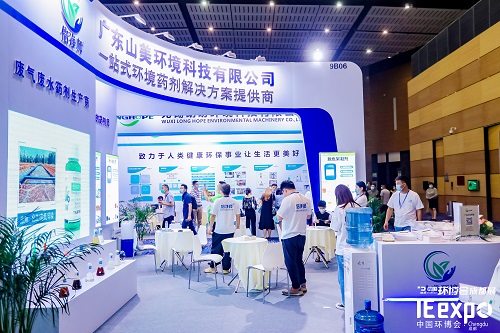In poultry farming, managing chicken manure is a critical task, and one of the most persistent challenges is controlling the strong, unpleasant odor it emits. Unmanaged chicken manure can release ammonia, sulfur compounds, and other volatile organic compounds (VOCs) that not only create an uncomfortable environment for farmers and nearby communities but also pose potential health risks and environmental concerns. To address this, deodorants for chicken manure have become essential tools in modern poultry management, offering practical and efficient solutions for odor control.
The Role of Deodorants in Chicken Manure Management
A deodorant or odor remover designed specifically for chicken manure works to neutralize, mask, or eliminate foul smells at their source. These products are formulated to target the chemical compounds responsible for odors, such as ammonia (a major contributor to the pungent smell of manure) and hydrogen sulfide. Unlike simple smell removers that might only mask odors temporarily, effective chicken manure deodorants often use active ingredients to break down odor-causing molecules or inhibit the bacteria that produce them, providing long-lasting odor control.
How Deodorants for Chicken Manure Work
Most deodorants for chicken manure operate through one or more of the following mechanisms:
1.Neutralization: Certain compounds in the deodorant react chemically with odor molecules, transforming them into non-volatile, odorless substances. For example, acids may neutralize ammonia, while activated carbon can adsorb sulfur-based compounds.
2.Biological Inhibition: Microbial-based deodorants contain beneficial bacteria or enzymes that compete with odor-producing microbes in the manure, reducing their activity and the production of smelly byproducts.
3.Masking with Fragrances: Some formulations include natural or synthetic fragrances that overpower unpleasant smells with more agreeable scents, though this is more common in temporary solutions.
Types of Deodorants for Chicken Manure
Chemical Deodorants: These often contain ingredients like aluminum salts, citric acid, or sodium bisulfite, which chemically react with ammonia and other odorants. They are fast-acting and suitable for immediate odor reduction in storage piles or processing facilities.
Natural/Sustainable Solutions: Environmentally friendly options include plant extracts (e.g., citrus, mint, or neem), essential oils, or bio-based compounds. These are safe for use in organic farming and reduce reliance on synthetic chemicals.
Microbial Deodorants: These products introduce probiotic bacteria that enhance the decomposition of organic matter in manure, reducing the release of smelly gases while also promoting faster composting and nutrient retention.

Benefits of Using Chicken Manure Deodorants
1.Improved Working Environment: Reducing manure odor creates a more comfortable and healthier space for farm workers, minimizing respiratory irritation and job dissatisfaction.
2.Community Relations: Strong manure smells can lead to complaints from neighboring homes or businesses. Effective odor control helps farms maintain positive relationships with the community.
3.Environmental Compliance: Many regions have regulations limiting odor emissions from agricultural operations. Using a reliable deodorant for chicken manure ensures farms meet these standards and avoid penalties.
4.Enhanced Manure Utility: Deodorized manure is more manageable as a fertilizer or compost, as its improved smell makes it easier to handle, transport, and apply to fields without causing discomfort.
Best Practices for Application
To maximize the effectiveness of a deodorant or odor remover for chicken manure:
-Identify Odor Sources: Target areas where manure accumulates, such as poultry houses, storage pits, or composting piles.
-Follow Dosage Guidelines: Overusing deodorants may be inefficient and costly, while underusing them can lead to inadequate odor control.
-Combine with Good Management: Pair deodorant use with proper manure storage (e.g., covered piles), regular cleaning, and aeration to enhance results.
Conclusion
In the poultry industry, deodorant for chicken manure is not just a convenience but a necessity for sustainable and responsible farming. Whether through chemical neutralization, biological action, or natural masking, these products offer practical solutions to address the persistent problem of manure odor. By incorporating an effective odor control strategy that includes high-quality deodorants, farmers can create a safer, more pleasant environment, comply with regulations, and unlock the full potential of chicken manure as a valuable resource. Investing in the right odor remover or smell remover is an investment in both operational efficiency and environmental stewardship.
As a professional chemicals manufacturer in the water treatment Industry, Sanmei have helped more than 5,000 plants with process solutions and helped them improve production efficiency, reduce costs, and optimize profit plans. Our main goal is to assist you in optimizing production efficiency and profitability in a sustainable way. Welcome to consult us and get a free wastewater treatment solution by filling in the form below or email to brian@san-mei.com











